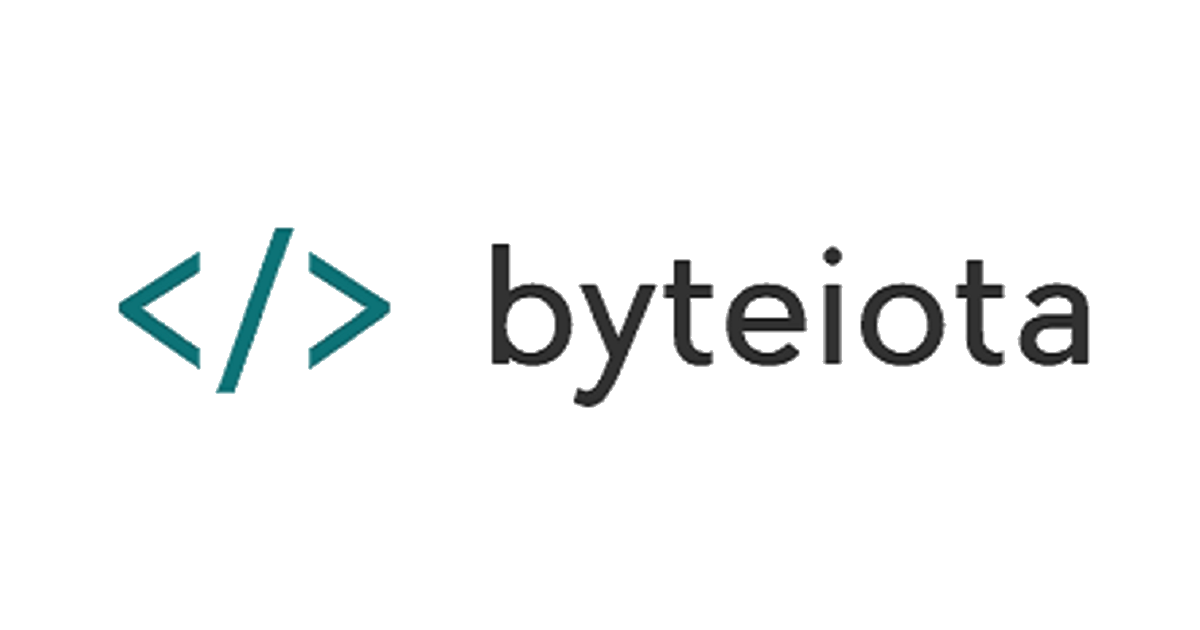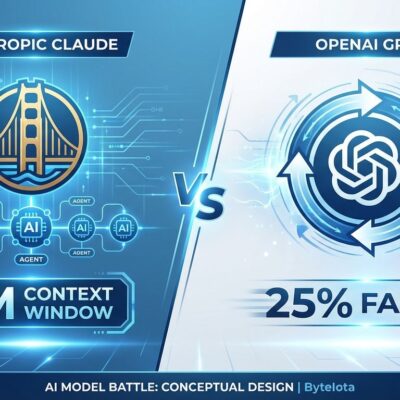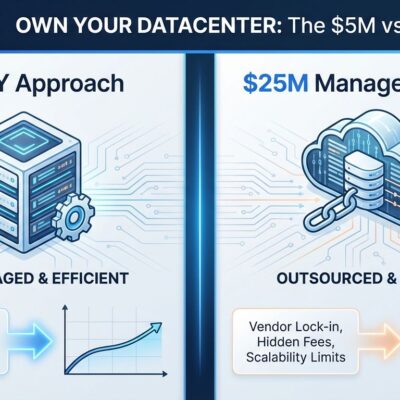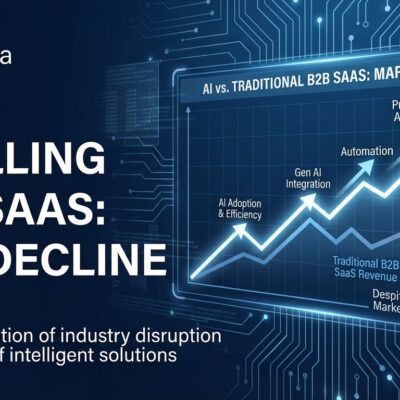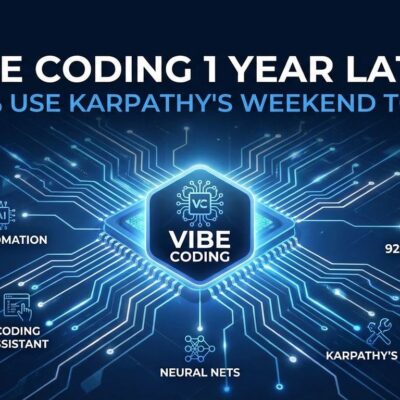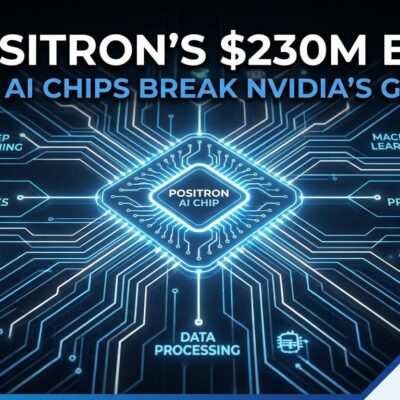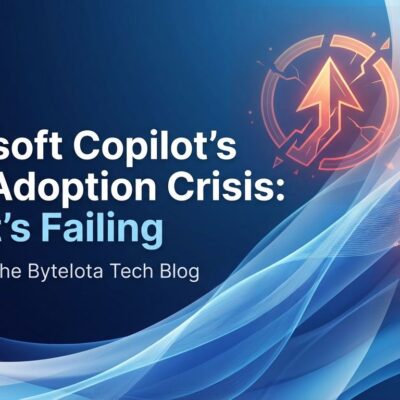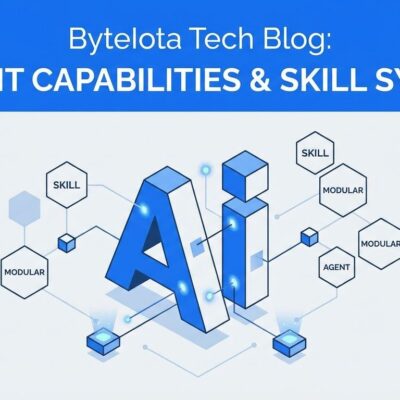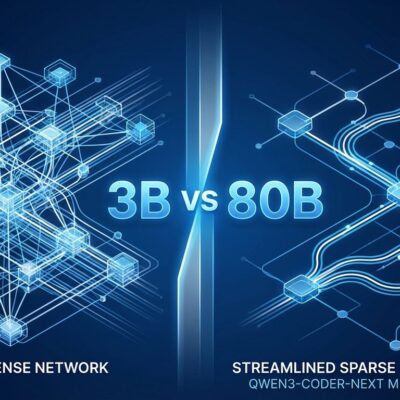
Google launched Gemini 3 on November 18, 2025, just six days after OpenAI released GPT-5.1. Three frontier models shipped in seven weeks: Claude Sonnet 4.5 on September 29, GPT-5.1 on November 12, and now Gemini 3. Two dropped in six days. Yearly release cycles are dead. Weekly is the new normal.
Gemini 3 Tops Every Major Benchmark
Gemini 3 Pro claimed supremacy across major benchmarks. LMArena leaderboard: 1501 Elo, the first model to cross 1500. GPQA Diamond, testing PhD-level scientific reasoning: 91.9 percent, beating GPT-5.1’s 88.1 percent by nearly four points. MathArena Apex: 23.4 percent, state-of-the-art.
Google jumped 50 Elo points from Gemini 2.5 Pro’s 1451 to Gemini 3’s 1501. The company positioned this as a direct strike back at OpenAI, reclaiming benchmark leadership after GPT-5.1’s launch six days earlier.
But Claude Sonnet 4.5 still leads real-world coding. SWE-bench Verified shows Claude at 77.2 percent versus Gemini 3’s 76.2 percent. Gemini 3 wins reasoning benchmarks. Claude wins production coding. GPT-5.1 wins conversational quality. The AI labs are optimizing for different metrics.
The Timing Is the Real Story
Six days. That’s how long OpenAI held the spotlight before Google responded. This isn’t competition. It’s reactionary product theater.
Three frontier models in seven weeks. In 2025, the major AI labs shipped twelve notable models in August alone. Over fifty language models emerged in just a few weeks. This is no longer an annual release cycle. It’s weekly drops.
A developer survey captured the exhaustion: “Time spent evaluating and integrating new models can easily outstrip the time devoted to building and refining actual product features.” Evaluation fatigue is real.
Benchmarks Are Becoming Investor Spectacles
Benchmarks are losing credibility. European researchers identified nine systemic problems with AI benchmarks in 2025, calling them “tests designed as spectacle for investors.” Benchmarks signal progress to VCs, not measure genuine capability.
The evidence of gaming is everywhere. Meta’s Maverick model ranks second on LM Arena, but the version deployed to the leaderboard differs from the version available to developers. LM Arena reportedly shares user data with proprietary developers for fine-tuning optimization. Open-source models don’t get that advantage.
The Register published research calling AI benchmarks “poorly designed, the results hard to replicate, and the metrics frequently arbitrary.” The warning: “Without shared definitions and sound measurement, it becomes hard to know whether models are genuinely improving or just appearing to.”
The Developer Productivity Paradox
More models should mean higher productivity. The data says otherwise. A study found developers using AI tools took 19 percent longer to complete tasks, not faster. Other research shows 3.6 hours saved per week, 60 percent more PRs shipped. The contradiction suggests context matters more than raw capability.
The core issue: “Existing development bottlenecks can eat up time savings. Meetings, interruptions, review delays, and CI wait times cost developers more time than AI saves.” One warning: “Quality and security consequences from increased velocity are likely creating a net-negative business impact at many organizations.”
What Developers Actually Need
The AI arms race delivers benchmark supremacy and weekly releases. Developers need API stability, backwards compatibility, and predictable pricing. The gap between marketing hype and practical reality grows wider with every launch.
API compatibility matters more than leaderboard rankings. That’s why Anthropic and Google both offer “OpenAI-compatible” APIs. Developers don’t want to rewrite code every time a new model drops.
The Verdict
Gemini 3 is technically impressive. The benchmarks are legitimate achievements. But the six-day gap between GPT-5.1 and Gemini 3 reveals a deeper problem: the AI industry is optimizing for investor optics over developer stability. Weekly model releases sound exciting until you’re building a production system on shifting sand.
The real winners won’t be whoever tops LMArena this week. They’ll be whoever delivers API stability and practical reliability. Benchmark supremacy is marketing. Stability is infrastructure. Developers need the latter, but the AI labs keep delivering the former.
